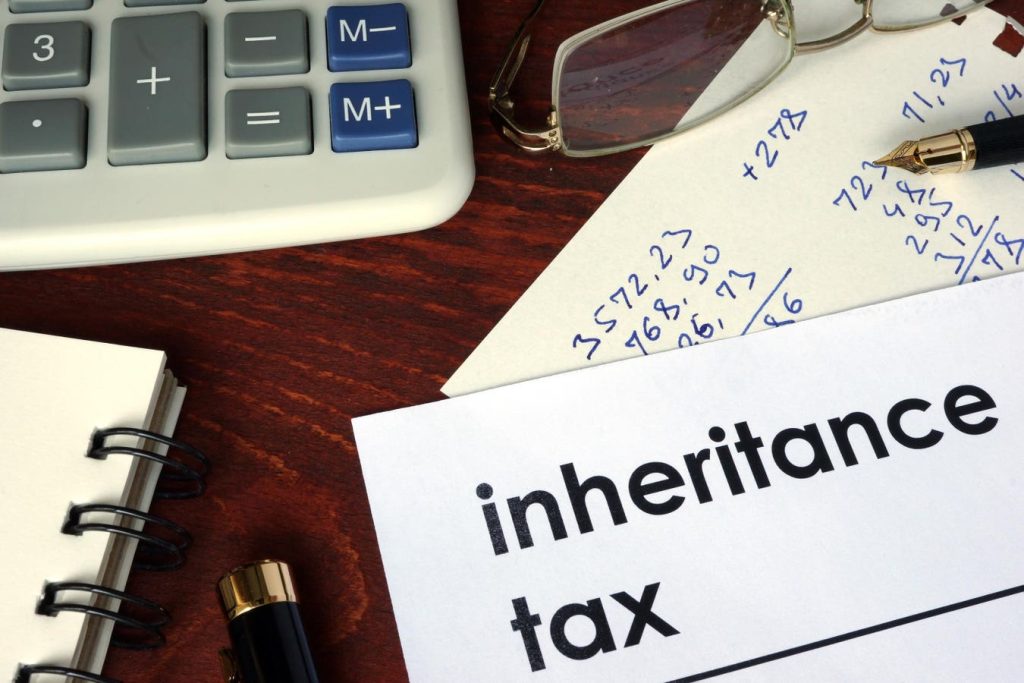The transfer of wealth from the baby boomer generation to their heirs has sparked a debate around the adequacy of current tax structures, particularly estate and gift taxes, in addressing economic inequality and funding government programs. President Biden’s proposed reforms aim to overhaul these taxes by ending the step-up in cost basis for inherited assets, raising tax rates, and lowering exemption thresholds. The primary goals of these changes are to increase tax revenue and narrow the wealth gap. However, these proposed changes mark a departure from previous policies that typically increased exemption thresholds and lowered tax rates.
A recent article in the Financial Times delves into the debate surrounding the taxation of wealth transfers from baby boomers to younger generations, highlighting the potential economic, social, and political ramifications. Advocates for taxing these transfers argue it could help mitigate wealth inequality and provide governments with a new revenue stream for public services and social programs. However, critics argue that such taxes may penalize those who have managed their finances carefully and could deter investment by affluent individuals and families. The article also explores the varying approaches taken by different nations when it comes to inheritance taxes, noting that some countries impose steep taxes while others levy minimal or no taxes on transfers.
The debate on reforming estate and gift taxes is a complex issue that is intertwined with economic, social, and political factors. Utilizing these taxes as tools to reduce inequality and support government projects is ambitious but faces challenges both domestically and internationally. Considering inherited wealth as ordinary income could potentially align with progressive aims to address economic disparities more effectively. However, any changes to the estate tax framework must navigate hurdles related to public support and political viability, requiring a balanced approach to achieve fairness and efficacy.
Overall, the transfer of wealth from the baby boomer generation to their heirs presents significant economic implications globally. The discussion around reforming estate and gift taxes is crucial in addressing economic inequality and funding government programs. President Biden’s proposed changes to these taxes aim to increase tax revenue and reduce the wealth gap, but they face opposition and challenges. Ultimately, any modifications to the estate tax system must consider the practicality of enacting new wealth transfer taxes, navigate political hurdles, and strive for fairness and efficacy in addressing economic disparities.















